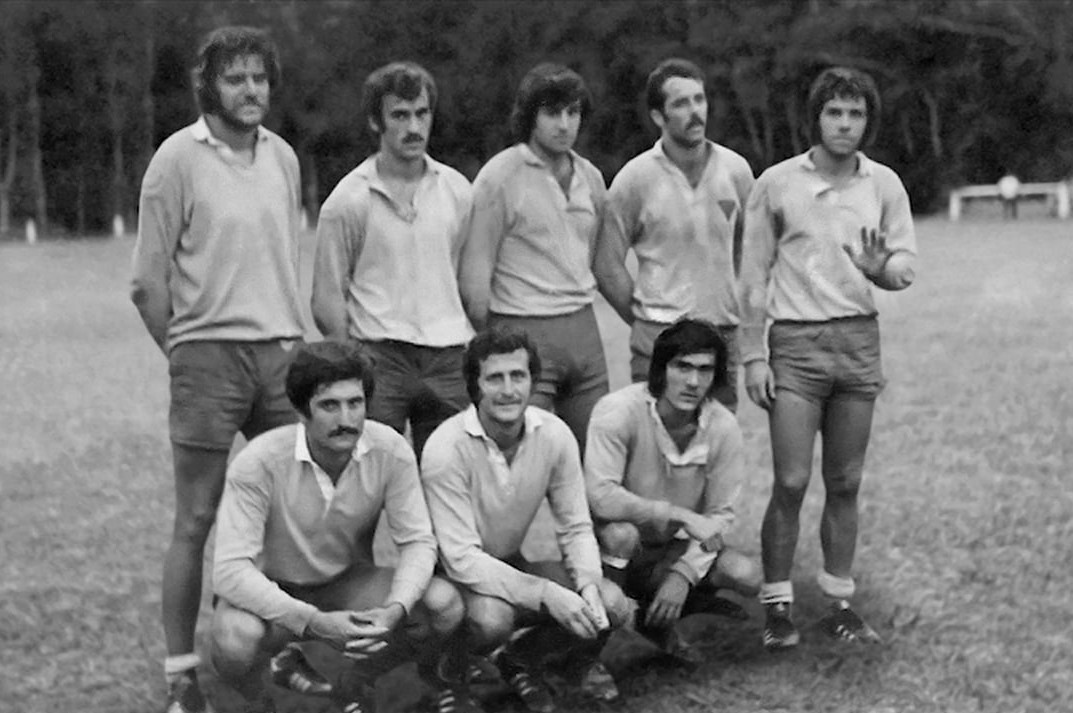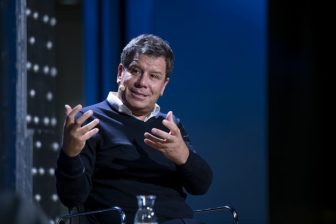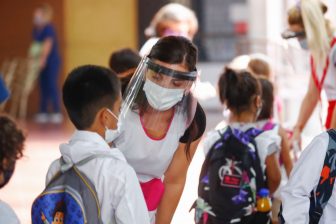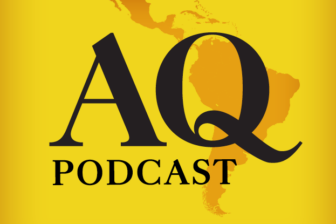Ask any sports fan what the words Argentina 1978 mean, and chances are they will recall the host nation’s unforgettable World Cup win during a cold, grim June at the end of a horrific decade in Latin America.
But the Argentines excel at more than one sport, and it is rugby that takes center stage in Claudio Fava’s powerful novel The Silenced, now available in English.
Set around the same time, this excellent book is based on the true story of La Plata, the rugby club whose players were targeted by the right-wing military that took control of the country in 1976 and set out to cleanse it of what they called “troublesome elements.” Officially, at least 8,961 and maybe as many as 30,000 died in their macabre killing spree.
Rugby is a middle-class sport in Argentina but the boys from Club La Plata had political tendencies that put them firmly in the crosshairs of the dictatorship. After one player was murdered because of his links to a trade union, his teammates paid him a fateful public homage before their next game. Their extended moment of silence drew attention to the rebels and one by one the players were picked up, tortured and killed by the military. Twenty of them were murdered; most of the bodies were never found.
The Silenced is an overdue tribute to the bravery of the players who, in Fava’s telling, were shot, hung from meat hooks and thrown from helicopters into the freezing waters of the Rio de la Plata. Even after they realized that they’d been singled out to die they did not run. Given the option of seeking asylum in France, they preferred to stay. Winning the league and honoring their fallen comrades was more important than life itself.
Most of the athletes killed by the junta’s assassins were rugbiers, which is itself surprising given Argentina’s passion for football, and the story of the La Plata club went untold for decades. It has gained more prominence in recent years, with a book and documentaries on the subject, but Fava, an Italian writer whose own father was killed by the mafia in Italy, decided to turn it into a novel.
“I preferred instead to imagine the thoughts and actions of those boys who elected to stay and die,” he writes. “I wanted to record more than just their names and the tragedy of their deaths. What matters is how they lived. And how they stood up and said ‘no.’”
The book, which was first published in Italy in 2013, is short, at just 172 pages.
But much of its power is in that brevity. Like the lives of its young protagonists, the story is fleeting. We barely get to know their names, much less who they are, before they are disappeared. Accordingly, the prose is taut and the details clipped.
Fava sets out the story in a prologue, so the sense of impending doom is present with every turn of the page. That makes the story even more fraught, but there is a pay off in the athletes’ blazing indignation and their inspiring story of loyalty, sacrifice and integrity.
Needless to say, there is no happy ending. The last player goes missing on the eve of their final league match. The depleted La Plata side struggles on with skinny youngsters in place of the desaparecidos, but the team is crushed by older and stronger opponents.
Just days earlier, the Argentine football team had won the World Cup in front of 71,000 ecstatic fans at the Estadio Monumental. The general who oversaw most of the junta’s murders presented the victors with the trophy. Barely a mile away in the military’s torture chambers, the rugbiers, and many more like them, were being slaughtered.
—
Downie is the author of Doctor Sócrates: Footballer, Philosopher, Legend, a biography of the Brazilian footballer and political activist. He divides his time between the UK and Brazil.








